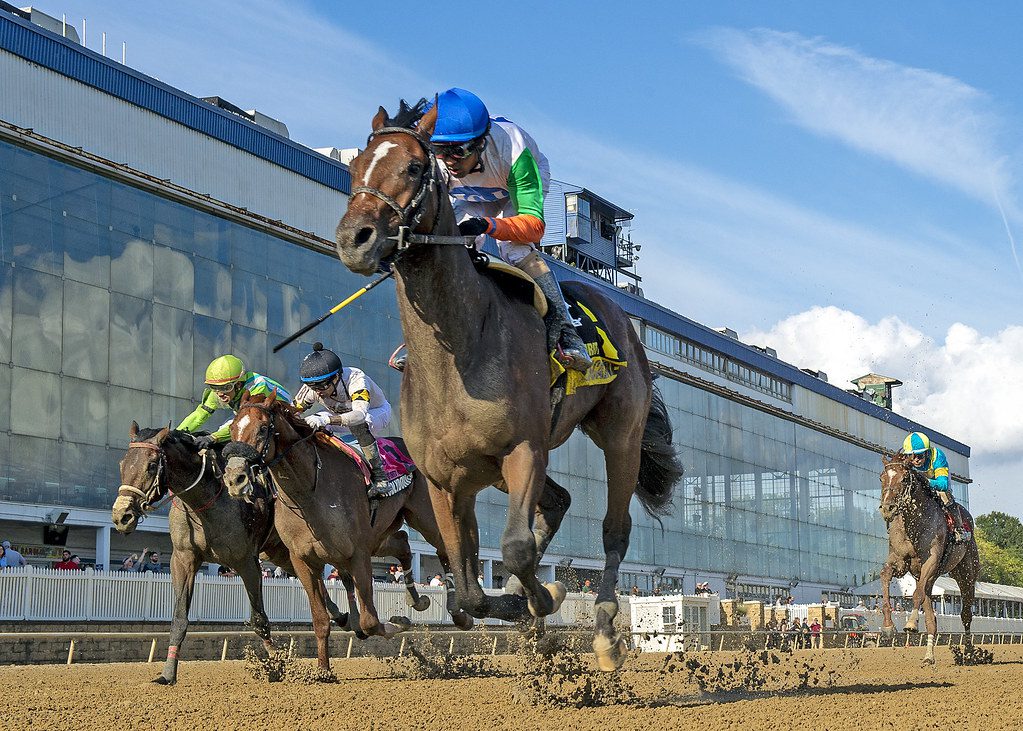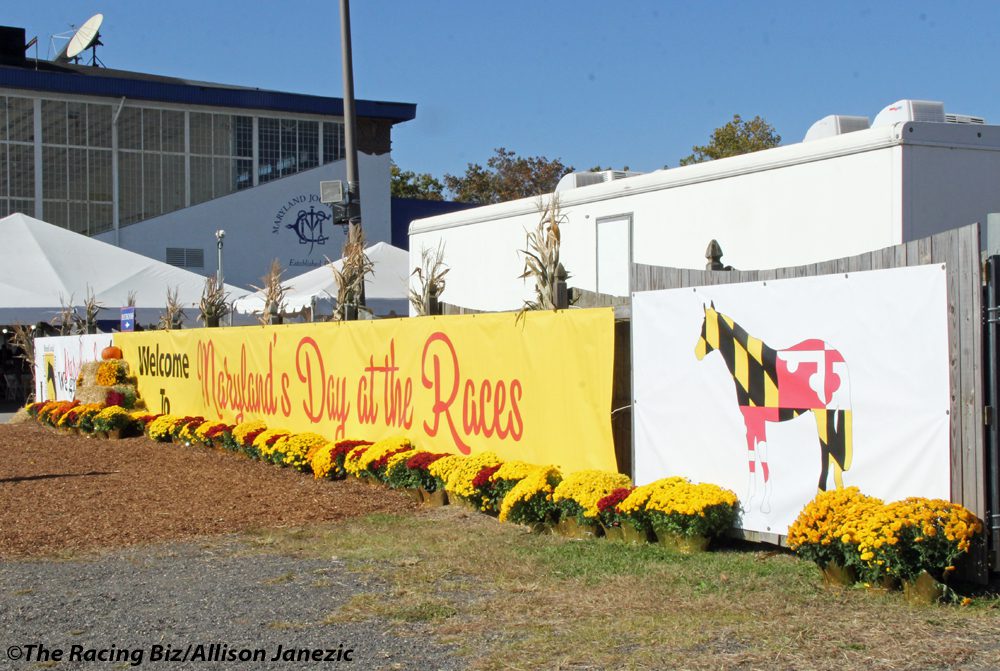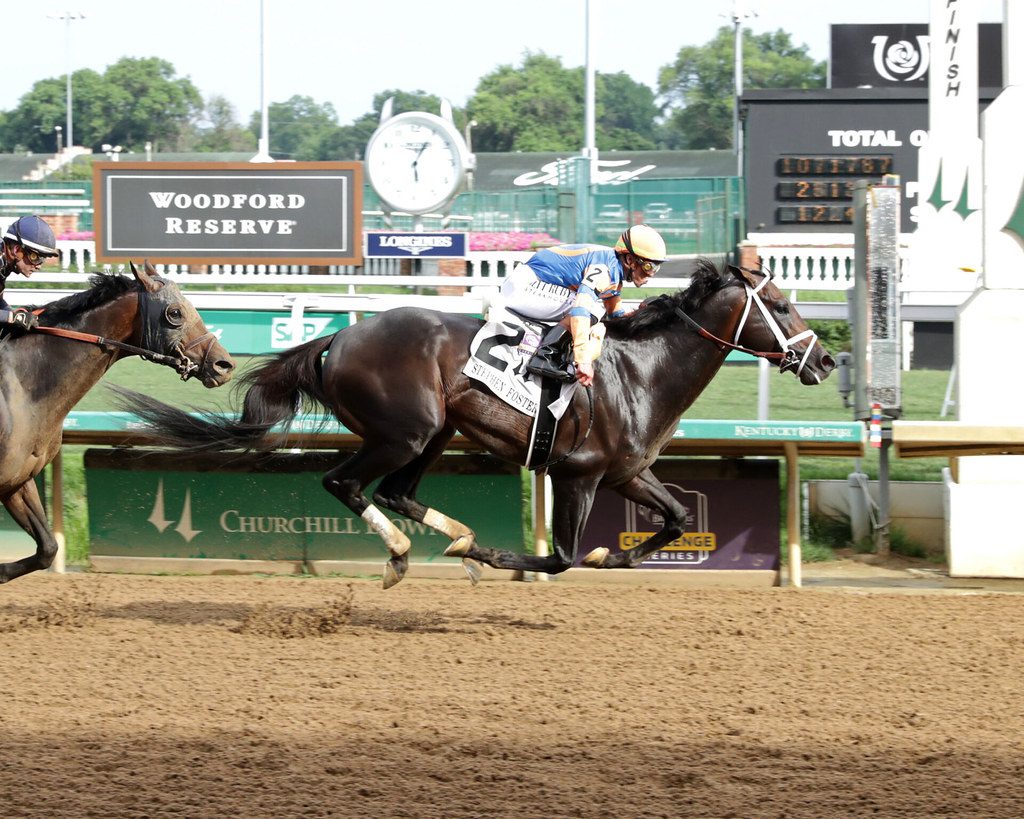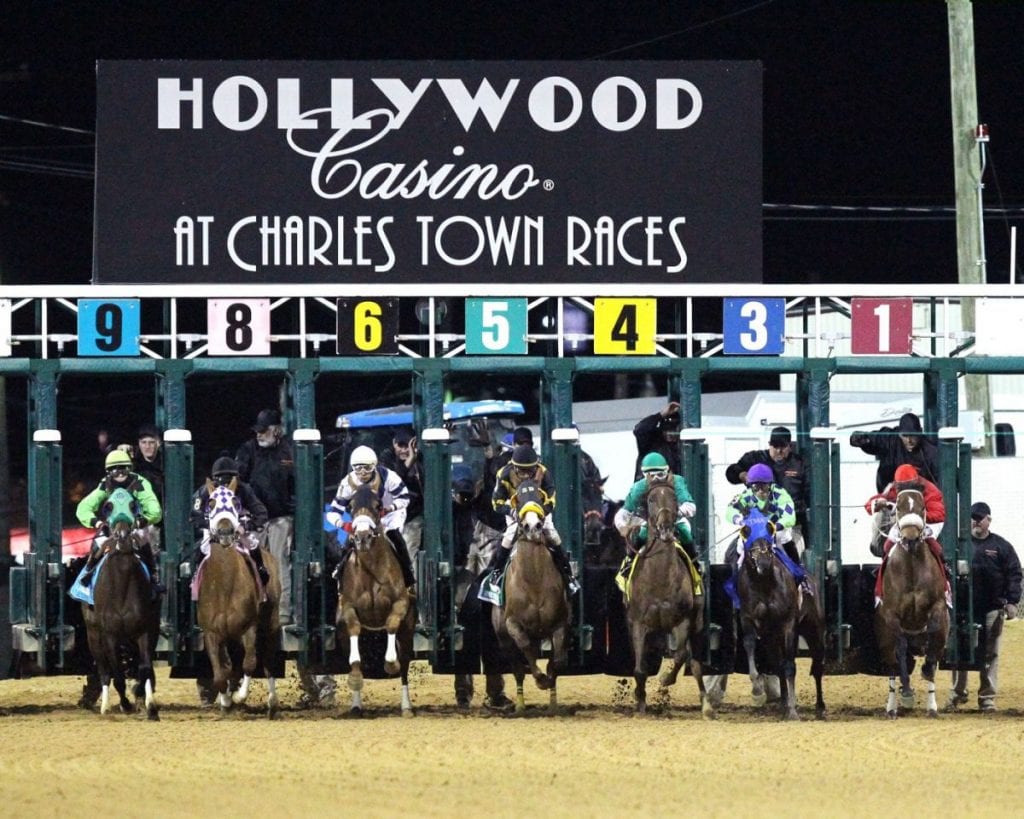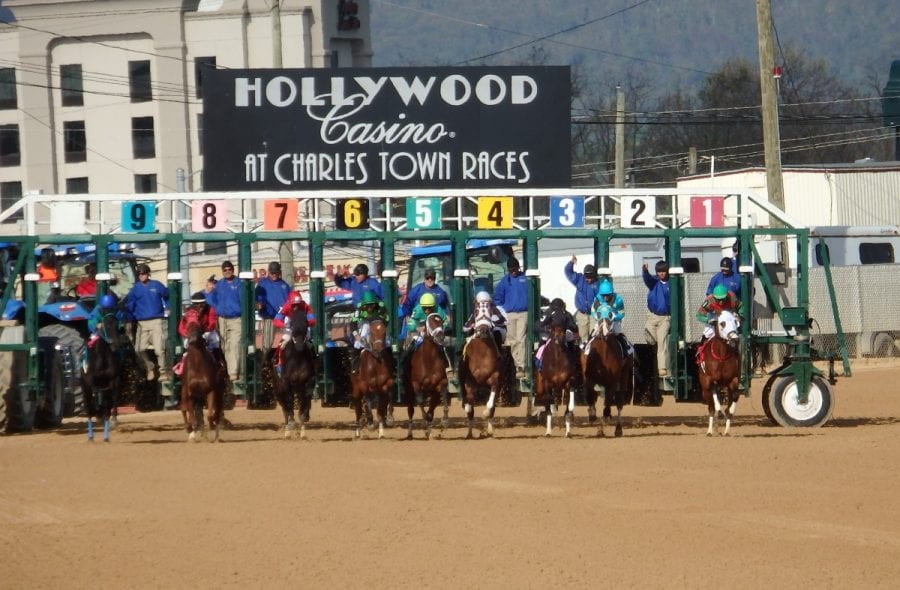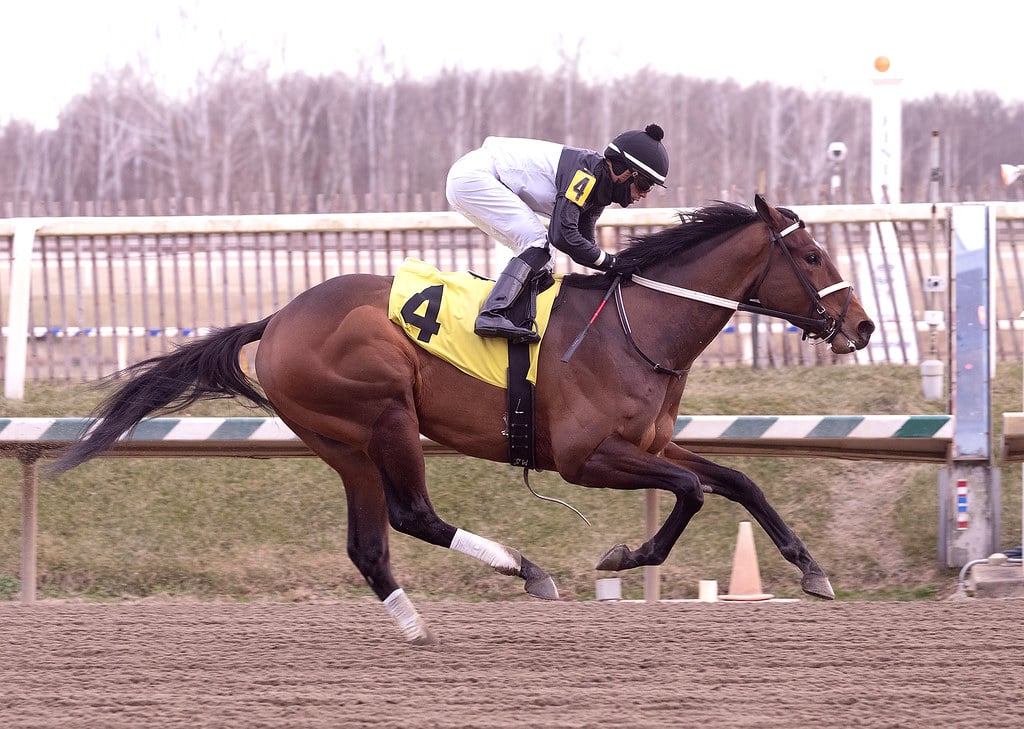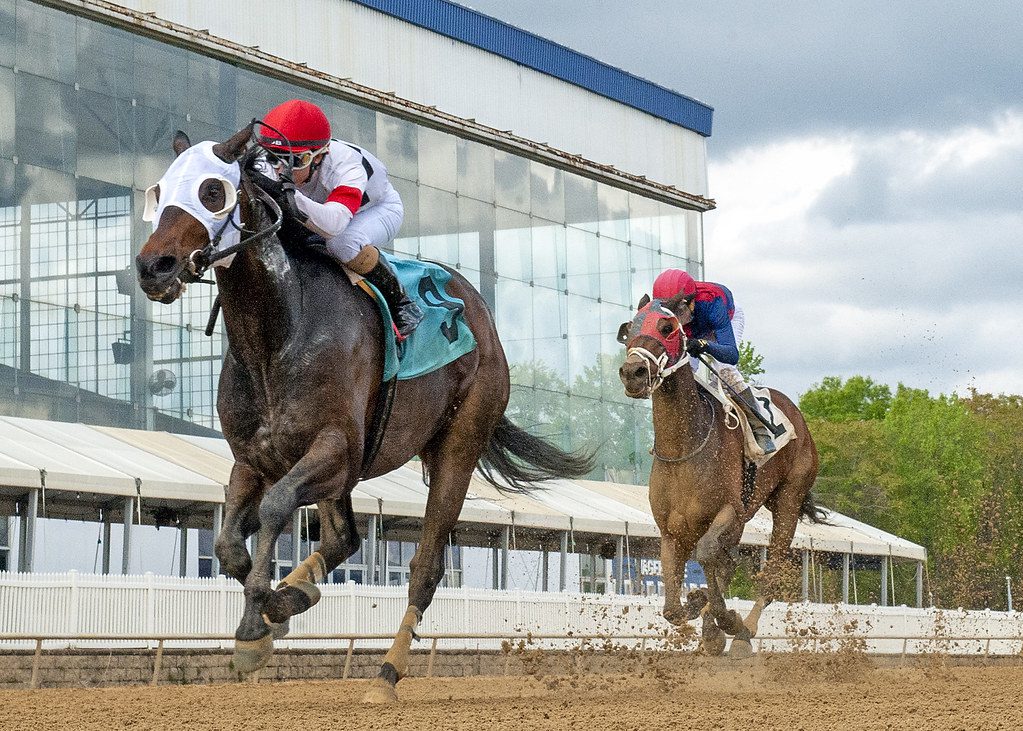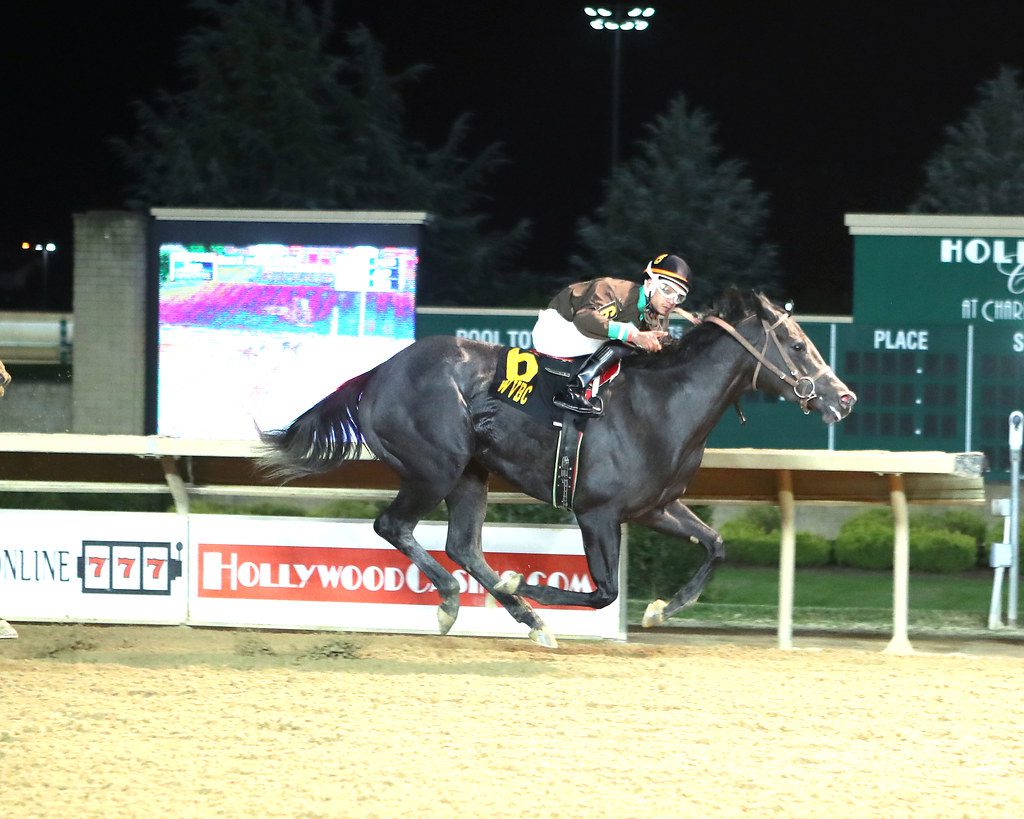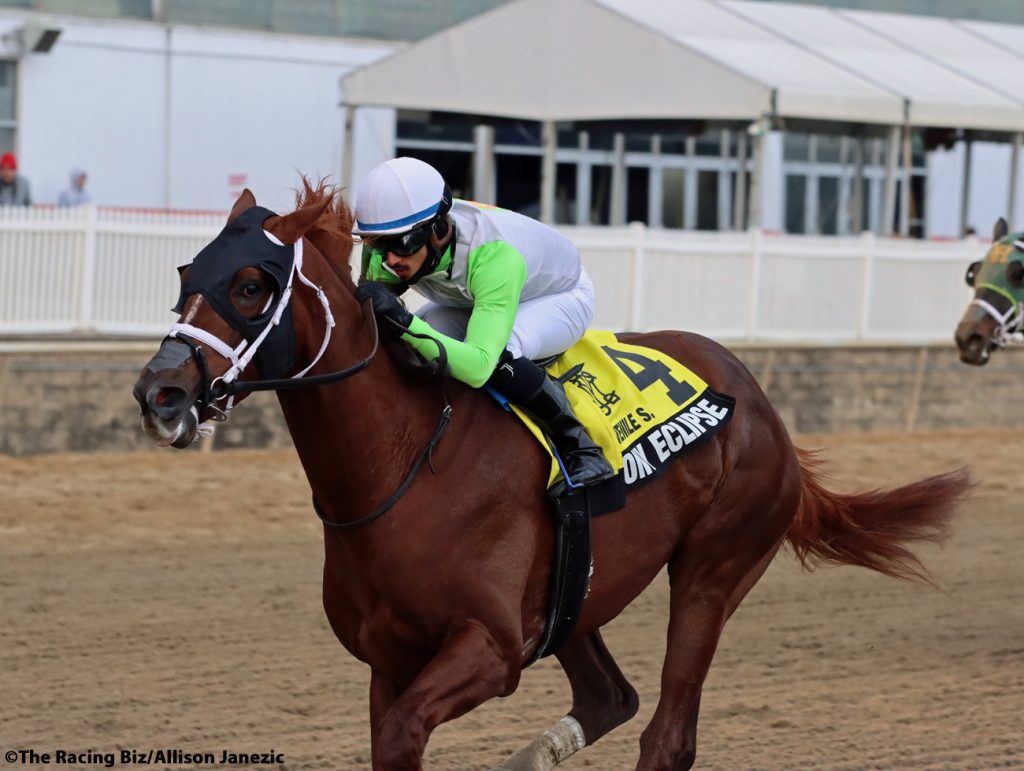LAUREL PARK CANCELS WEEKEND RACING
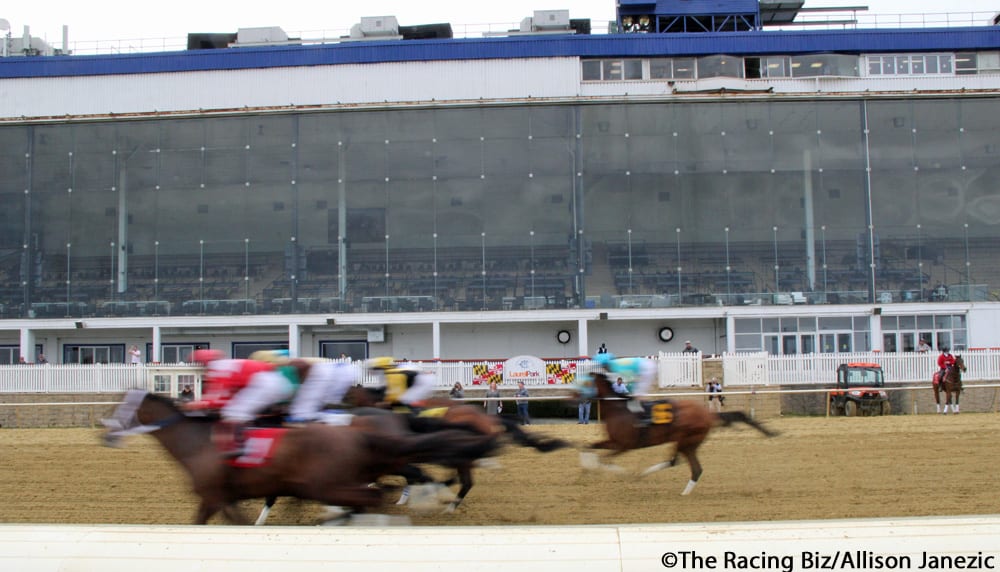
The outbreak of equine herpesvirus in Maryland continues to pose challenges for regulators and for racing, and in the face of another positive for EHV-1, this one at Pimlico Racecourse, the Maryland Jockey Club has canceled racing for this coming weekend, March 26-28.
- Laurel Park: Latest jockey and trainer stats
 Which Maryland and Laurel Park jockeys and trainers are having a good meet? Who’s doing better than you’d think? Or heating up now? Answers within.
Which Maryland and Laurel Park jockeys and trainers are having a good meet? Who’s doing better than you’d think? Or heating up now? Answers within.
The company announced the move in a text to horsemen.
“Racing at Laurel Park will be cancelled this Friday, Saturday, and Sunday as per Dr. Dionne Benson, Chief Veterinary Officer of 1/ST Racing,” the text read. 1/ST owns the Maryland Jockey Club, owner and operator of Laurel and Pimlico.
Separately, the Maryland Thoroughbred Horsemen’s Association said in an email that a horse stabled at Pimlico had tested positive for the disease. Prior positives had all come at Laurel.
Regulators and the racing office had been treating Laurel and Pimlico as, in essence, one extended backside, permitting Pimlico horses to race at Laurel and then return to their Old Hilltop homes even as horses based outside of the two tracks were either prohibited from coming to Laurel or, if they did, requiring them to remain.
With the positive at Pmilico, however, the horsemen’s group said that the two facilities now would be treated as “two separate quarantine zones.” That means that Pimlico horses must remain there, while Laurel horses must remain at Laurel. Because of the impact that was expected to have on the weekend’s racing, the MJC decided to cancel.
The problem first arose during the first weekend of March, when a horse that had begun showing signs of the disease March 6 was subsequently found to be infected. That led to quarantines placed on four barns in an effort to get ahead of the highly contagious disease. However, it has thus far foiled vets and regulators, continuing to spread at Laurel and now at Pimlico.
Equine herpesvirus (EHV-1) is a DNA virus that can cause neurological problems in horses, as well as respiratory disease and other issues. While it is spread from horse to horse, it can also be spread indirectly by humans and by contaminated equipment and tack.
LATEST NEWS


